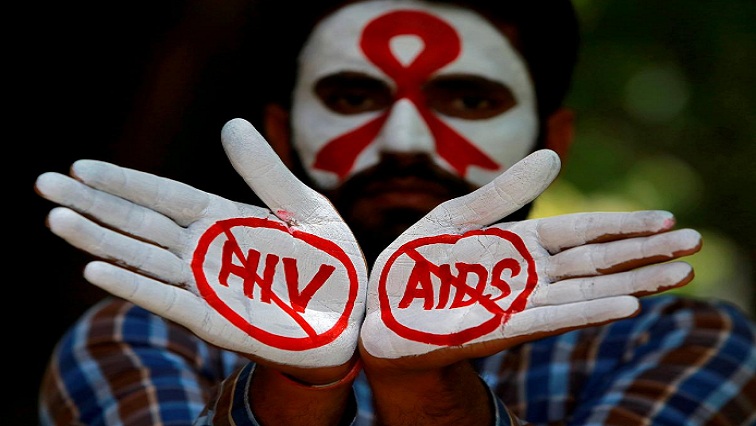High ranking healthcare leaders at institutions like UNAids, say the world’s response to HIV/Aids is in danger and immediate pressure must be put on African governments, including South Africa, to ensure the initiative to end HIV/Aids as a public health crisis by 2030, is fully funded.
This has been the topic of a webinar on the state of the fight against HIV/Aids in 13 African countries. Plans have been drawn to end HIV/Aids as a public health crisis globally by 2030.
Donor funding declining
However, a director at UNAids, Jaime Atienza Azcona, says donor funding is declining, while governments are under pressure to deal with the effects of COVID-19 and the global inflation crisis.
Azcona says a lack of funding is putting the fight against HIV/Aids in danger.
“So we see that progress has slowed down. With so many people that are still dying year by year, and the new infections reducing at a lower pace than they should and we would expect, we cannot be at all be satisfied. Our past progress does not guarantee our future success. We need to continue, we need to make sure that the gaps are filled and that many improvements are made policy wise.”
CEO of the South African National Aids Council, Doctor Thembisile Xulu, says the country has its own national strategic plan to meet the 2030 goals for HIV/Aids.
“The total cost then of implementing the NSP is estimated at about R268 billion over the five years. And we also estimated that about R249 billion that already sits in the fiscus. This leaves a funding gap of about R20 billion over five years. The financial gaps are driven by the bold goals laid within the NSP, including the annual growth of people initiated and retained on anti-retroviral therapy, which needs to grow by over a million people over five years.”
Azcona says the Economist Impact study shows the plan could reduce the number of new infections in South Africa by 1.3 million over the next seven years, while reducing Aids deaths by 661 000.
Professor Gesine Meyer-Rath from the University of Witwatersrand says one way to solve the funding problem is to make the money work harder. She says pre-exposure prophylaxis will play an important role.
“What is becoming more cost-effective is PREP and other prevention interventions that are not surgical. And that is true for both oral PREP as well as injectable PREP. What is most important though is that now ART, and especially increasing linkage, but then also retention on ART, is one of the most cost-effective interventions and one of the last bits where we can add more bang for our buck.”
Meyer-Rath says the economic impact of the HIV/Aids was softened by the significant global response to indications in the early 2000’s, that half of those infected would die.
However, she warns the world to act now to fully fund HIV/Aids programmes, or we might live to see the full impact.
According to UNAIDS inequalities are blocking HIV/AIDS response: Professor Sheila Dinotshe Tlou 2 DEC 2022:






